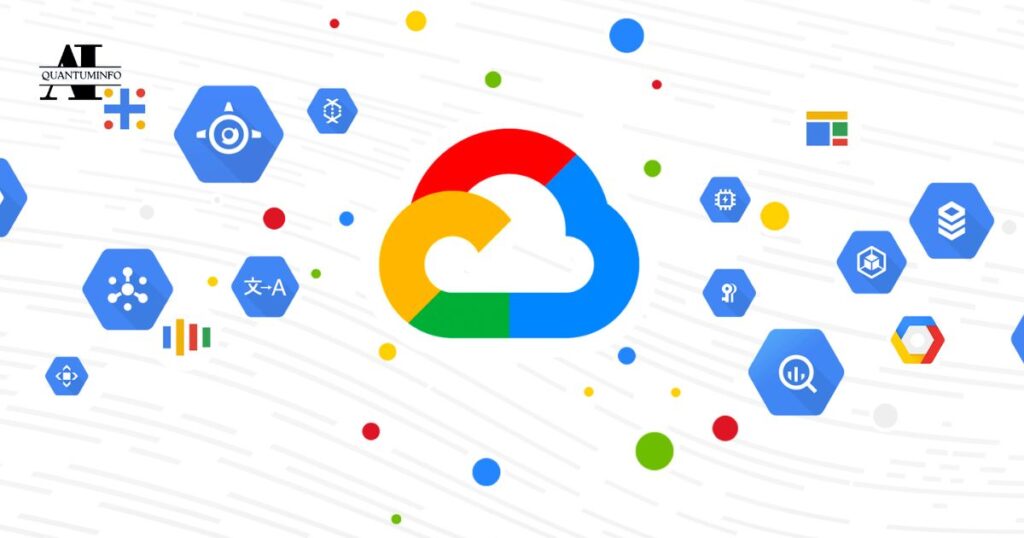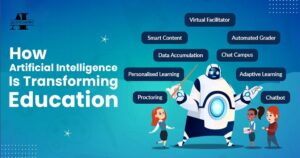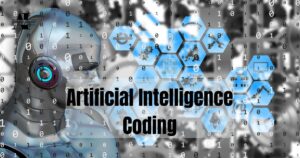In the rapidly evolving digital landscape, businesses are continuously searching for innovative solutions to enhance productivity and drive growth. Among the most powerful tools available today is Google Cloud AI. This suite of artificial intelligence services not only streamlines operations but also enriches customer interactions and data analysis. In this blog post, we will delve into the transformative impact of Google Cloud AI across various industries, exploring its key components, applications, and the substantial benefits it brings to organizations.
What Is Google Cloud AI?
Definition and Overview
Google Cloud AI refers to a collection of machine learning and artificial intelligence tools available on the Google Cloud Platform (GCP). These services enable organizations to build and deploy AI applications with ease, leveraging Google’s robust infrastructure and advanced algorithms. The core objective of Google Cloud AI is to make AI accessible to businesses of all sizes, helping them harness the power of data to achieve their goals.
Key Components of Google Cloud AI
- Machine Learning Engine: This fundamental service allows developers to create and train machine learning models using various algorithms. It supports both simple and complex neural networks.
- AutoML: Aimed at businesses without extensive data science expertise, AutoML simplifies model creation by automating various processes, from data preparation to training. It allows users to build custom models tailored to their specific needs.
- Big Query ML: This feature enables users to conduct machine learning operations directly within Big Query, using SQL to create and execute models on massive datasets without needing to export data to other environments.
- Vision AI: This service provides powerful image analysis capabilities, allowing businesses to incorporate features like facial recognition and object detection into their applications.
- Natural Language AI: This tool processes and understands human language, enabling businesses to analyze text data for sentiment, entity recognition, and more, enhancing how they interact with customers.
- Dialog flow: A platform for building conversational interfaces, such as chatbots, which can significantly improve customer service by providing instant responses to inquiries.
Why Google Cloud AI Matters
In an era where data is abundant and insights are crucial, Google Cloud AI offers businesses the tools to unlock the full potential of their data. By integrating AI into their operations, organizations can gain insights that drive strategic decisions, improve efficiency, and enhance customer experiences. The ability to analyze vast amounts of data quickly and accurately can lead to a competitive edge in today’s marketplace.
The Transformative Impact of Google Cloud AI on Business Operations

Streamlining Data Analysis
Data analysis is often a time-consuming process that requires specialized skills. Google Cloud AI changes the game by enabling businesses to analyze data more efficiently. With tools like Big Query ML, companies can run machine learning models on large datasets directly within their data warehouse.
Benefits of Streamlined Data Analysis
- Speed: Quick access to insights allows businesses to make timely decisions, which is critical in a fast-paced environment.
- Cost Reduction: Automation of data analysis can significantly lower operational costs by reducing the need for extensive manual labor.
- Accuracy: AI-driven analysis can identify patterns and trends that might be overlooked through traditional methods, leading to more informed decision-making.
Enhancing Customer Experience
Today’s consumers expect personalized experiences. Google Cloud AI enables businesses to deliver tailored interactions that meet these expectations. By leveraging tools like Natural Language AI and Dialog flow, organizations can analyze customer feedback and provide personalized responses.
Do You Want to Know About Customer Service - Read More
Personalization Through AI
For instance, a major online retailer used Google Cloud AI to analyze customer reviews and feedback. By understanding sentiment and common themes, they were able to tailor their marketing strategies and product recommendations. This led to a notable increase in customer engagement and sales.
Case Study: Retail Transformation
A prominent retail chain implemented Google Cloud AI to revolutionize its customer engagement strategy. By analyzing purchasing patterns and customer behavior, they personalized marketing campaigns and optimized inventory management. As a result, they experienced a 25% increase in sales from targeted promotions, showcasing the direct impact of AI on revenue generation.
Automating Routine Tasks
Automation is one of the most significant advantages of Google Cloud AI. By automating repetitive tasks, businesses can allocate resources more effectively and allow employees to focus on higher-value activities.
Examples of Automation
- Chatbots: Implementing Dialog flow allows businesses to create chatbots that handle customer inquiries, drastically reducing response times and improving customer satisfaction.
- Document Processing: With Vision AI, organizations can automate data extraction from forms and invoices, streamlining workflows and minimizing human error.
Improving Decision-Making
Google Cloud AI enhances decision-making capabilities through advanced analytics. Predictive analytics tools enable businesses to forecast trends based on historical data, leading to more strategic planning.
Predictive Analytics in Action
For example, a financial services company used Google Cloud AI to analyze customer behavior and predict churn rates. By identifying at-risk customers, they implemented targeted retention strategies, resulting in a 30% reduction in churn. This proactive approach highlights how AI can transform decision-making processes and drive organizational success.
Real-World Applications of Google Cloud AI

Industry-Specific Use Cases
- Healthcare: Google Cloud AI is making waves in the healthcare sector by improving patient outcomes through predictive analytics and diagnostic tools. For instance, healthcare providers use AI to analyze medical images, which enhances the accuracy of diagnoses and speeds up treatment plans.
- Finance: Financial institutions leverage Google Cloud AI to combat fraud. By analyzing transaction patterns in real-time, machine learning models can flag suspicious activities, thereby increasing security and reducing financial losses.
- Manufacturing: In manufacturing, Google Cloud AI facilitates predictive maintenance, allowing companies to anticipate equipment failures before they occur. This capability minimizes downtime and maintenance costs, leading to smoother operations.
Benefits Across Industries
| Industry | Key Benefits of Google Cloud AI |
| Healthcare | Improved diagnostics, personalized treatment plans |
| Finance | Enhanced fraud detection, risk management |
| Retail | Personalized marketing, improved inventory management |
| Manufacturing | Predictive maintenance, optimized production processes |
Challenges and Considerations
Implementing Google Cloud AI is not without its challenges. Businesses must consider the following:
Do You Want to Know About Microsoft AI - Read More
- Data Privacy: Handling sensitive data requires strict adherence to privacy regulations.
- Skill Gaps: While Google Cloud AI simplifies many processes, organizations still need skilled personnel to manage AI initiatives effectively.
- Integration: Merging AI tools with existing systems can pose technical challenges that require careful planning.
Final Thoughts
Google Cloud AI is revolutionizing the way businesses operate, offering a powerful suite of tools that enhance efficiency, drive innovation, and improve customer experiences. From streamlining data analysis to automating routine tasks, the capabilities of Google Cloud AI are vast and impactful. Organizations that embrace these technologies not only gain a competitive edge but also unlock new opportunities for growth and transformation.
As we’ve explored, the potential applications of Google Cloud AI span across various industries, including healthcare, finance, retail, and manufacturing. Each sector benefits uniquely, whether through improved diagnostics, enhanced fraud detection, personalized marketing strategies, or predictive maintenance. The real-world examples highlight the tangible benefits that can arise from integrating AI into business operations.
However, it’s essential to approach the implementation of Google Cloud AI thoughtfully. Businesses must consider challenges such as data privacy, skill gaps, and integration issues. By addressing these hurdles, organizations can harness the full power of AI while ensuring compliance and operational effectiveness.
Looking ahead, the future of Google Cloud AI is bright. As AI technology evolves, we can expect even more sophisticated tools and capabilities that will further transform business landscapes. Staying informed about these trends and adapting strategies accordingly will be crucial for organizations looking to thrive in an increasingly digital world.
In summary, Google Cloud AI is not just a tool; it’s a catalyst for change. By leveraging its capabilities, businesses can unlock their full potential, drive innovation, and create meaningful customer connections. Embracing this technology is not merely an option; it’s a necessity for those who aspire to lead in the future.









